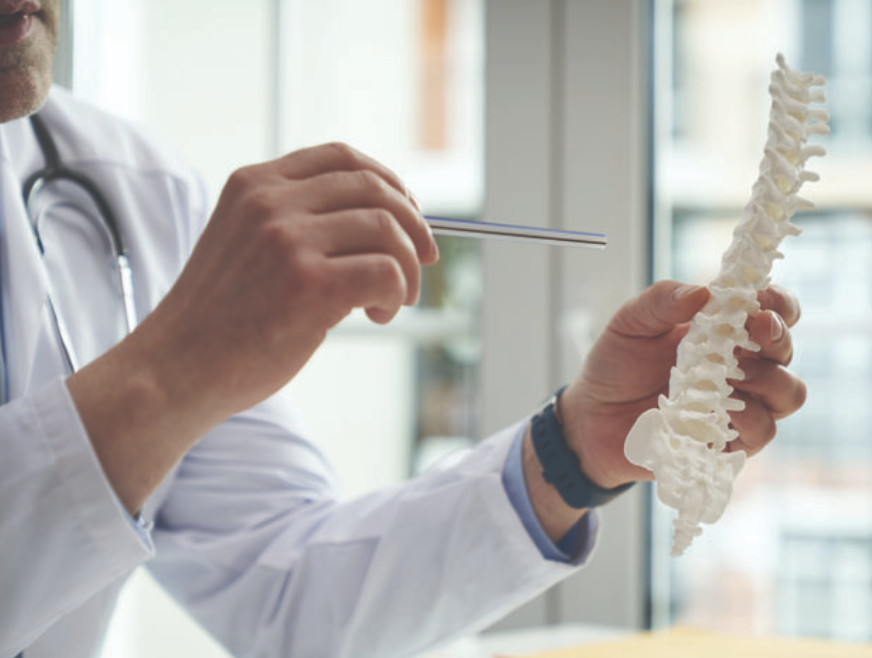In association with the Irish Osteoporosis Society, organised by Amgen
It’s time for all of us to talk about osteoporosis.
Did you know women aged 65+ are most at risk of developing osteoporosis?
Osteoporosis is a common and, oftentimes, treatable disease.
As we age, particularly from 65 years onwards, early detection and diagnosis of osteoporosis as well as maintaining good bone health is key to helping prevent broken bones.
Having conversations with our loved ones can help shift the perception around osteoporosis in Ireland, encouraging women to prioritise their bone health and enabling them to continue to live their full and active lives.
Next time you meet with your Mam, your aunt, your grandmother or your sister, open up a conversation about bone health so we can break the silence around osteoporosis.
What Is Osteoporosis?
It is a condition that affects the inside of bones, causing bones to become fragile, so they break more easily.

This is partly due to a drop in oestrogen levels when a woman reaches menopause, which leads to bone loss.
As a woman ages, her risk of osteoporosis increases.
This is particularly true for women over 65 years of age, with over 75% of fractures due to osteoporosis occurring in people aged 65 years of age or above.
However, osteoporosis can be managed and people can continue to live a full and busy life filled to the brim with all of the things they love to do.

Risk Factors For Osteoporosis
Women are more likely than men to develop this disease partly because women have smaller bones. Changes in hormone levels, especially following the menopause can also partly contribute to bone loss.
The risk of developing osteoporosis increases as you get older and you are at greater risk if you are Caucasian or Asian.
If there is a history of osteoporosis in your family, then your risk of developing it is usually much higher. This is especially so, if your mother or father has suffered a broken hip (fractured hip).
It’s important for women to think of their bone health in the same way they think of other health checks, such as breast checks.
Make bone health a priority and part of your medical calendar.
For more information about osteoporosis, visit your local GP or the Irish Osteoporosis Society website here.
IRL-NP-0424-80002
May 2024
All stats and data taken from Irish Osteoporosis Society















